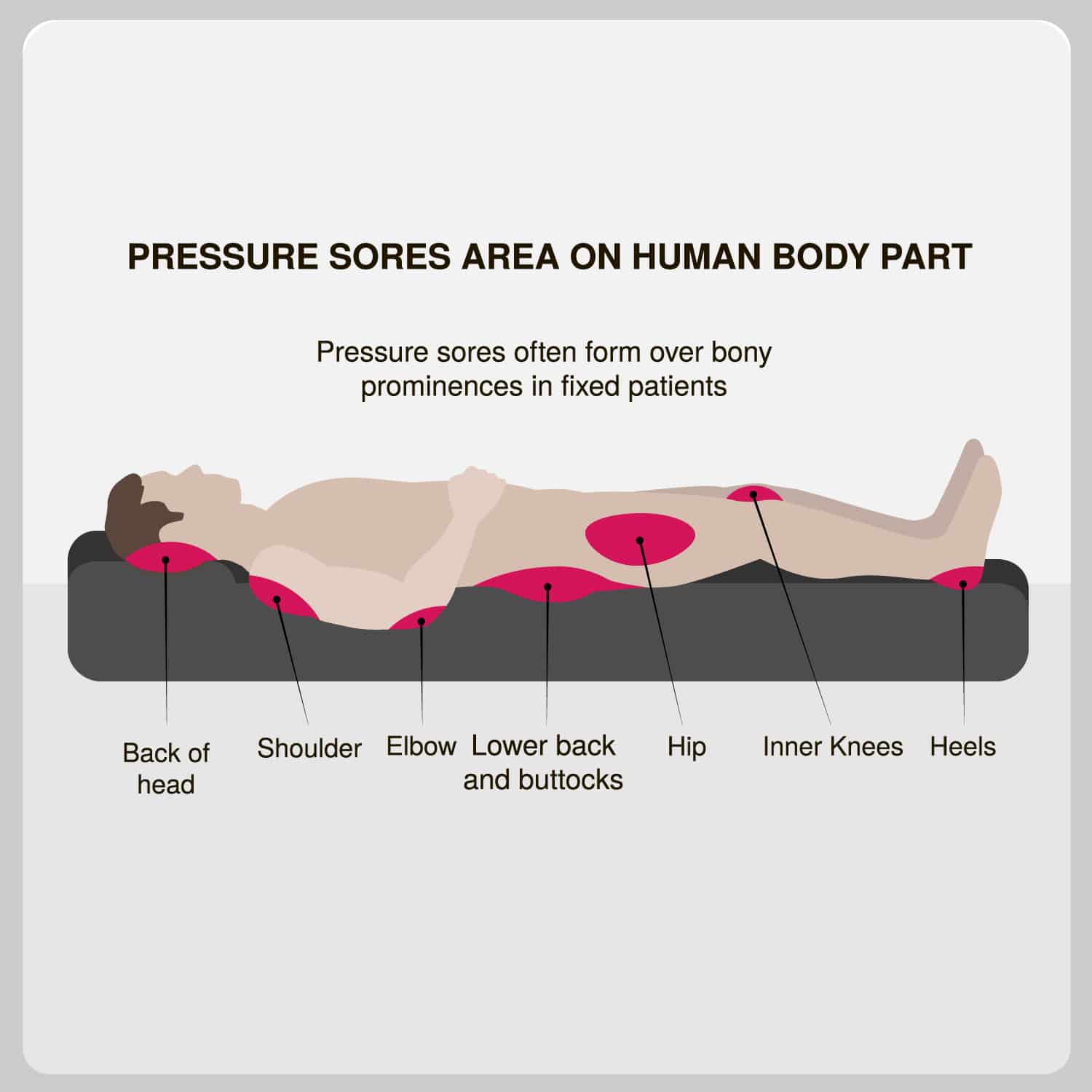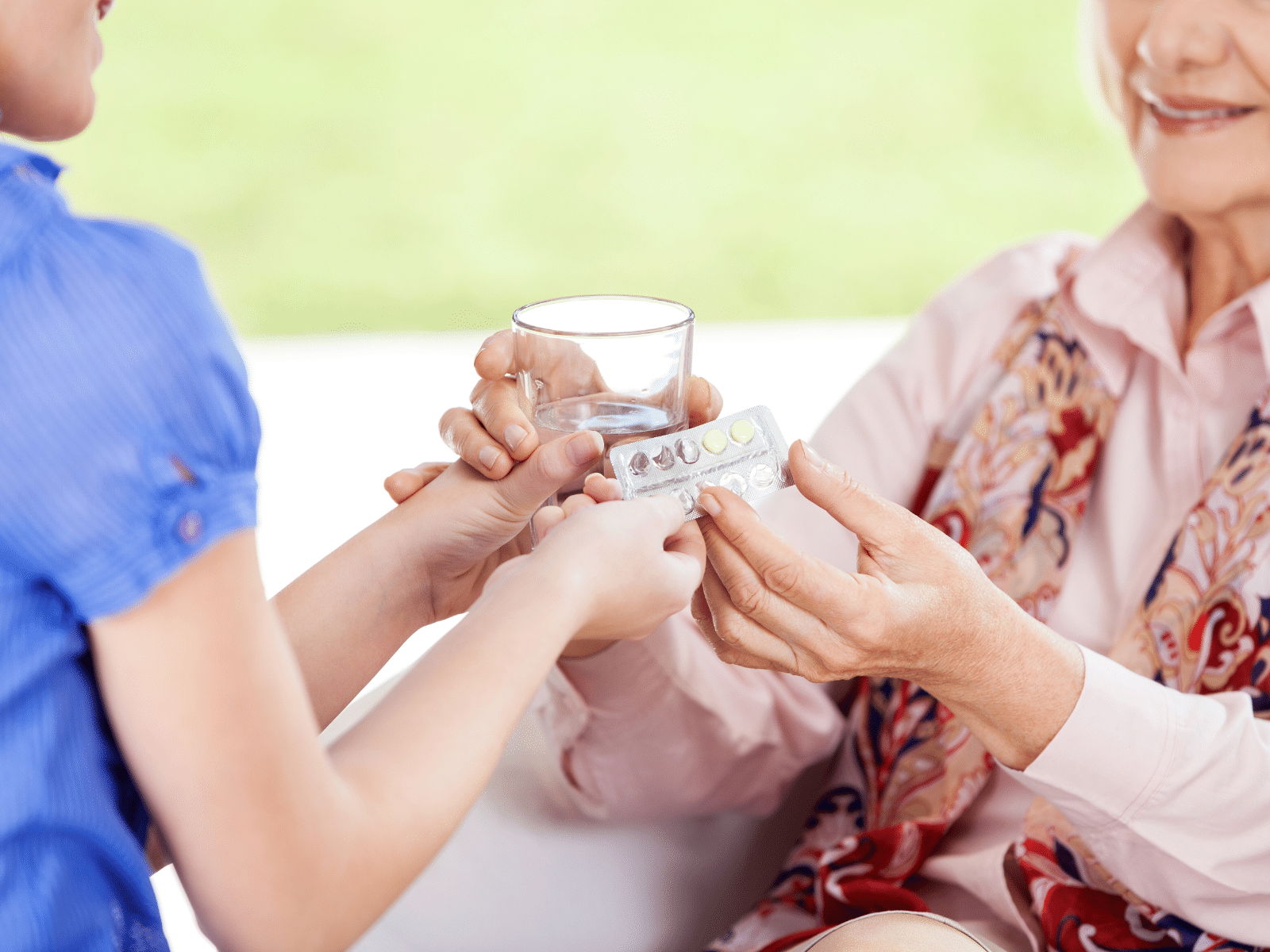The Most Important Way to Reduce Complications from Pressure Ulcers Is by Preventing Them
A pressure ulcer, also known as a bed sore, a pressure sore or a decubitus ulcer, may not appear serious at first. The open wound often begins with small red marks on areas of the skin that are in continuous contact with surfaces such as bed linens. Sadly, they are one of most common and preventable injuries that occur in nursing homes and can actually serve as a serious warning signal of nursing home neglect. The sore will almost always make itself known but when the discovery of it gets to this stage it can be a sad situation for any family member to be informed of. By this time, the sore has usually broken down so much skin that the underlying tissue, sometimes bone, is now exposed. These injuries are sure to reveal a larger scope of care issues impacting your loved one’s health. When not taken care of or treated with the medical attention required, pressure sores can lead to severe infection, a general decline in overall health, unnecessary emotional anguish and painful discomfort, and even death.
Questions to Ask If Your Loved One Has a Pressure Ulcer
For those learning that a family member or friend residing in a nursing home or rehabilitation facility has developed a bed sore, knowing what to do next may feel troubling. Here is a short list of questions you can ask the nursing home director or administrator to learn more and begin advocating for your loved one’s recovery.
- How severe is the ulcer, and what stage? Infections are common once bedsores reach stages III or IV.
- When did staff first notice the wound, and how was the treatment plan followed?
- How many hours was the resident left in bed without being repositioned?
- How strictly was the care observed and attention to treat the sore noted?
- Could the sore have been prevented?
In addition, ask to review the standard of care practiced by staff for basic hygiene and report any suspected violation of these basic principles to the local ombudsmen officer. If you are too frightened or overwhelmed, and not sure what to do with the answers you receive, it’s a good time to connect with an experienced pressure ulcer attorney who can help you through any discomforting conclusions and alleged nursing home neglect that may have caused the pressure ulcer.
Contact a Chicago Nursing Home Attorney for a Free Consultation
The most important way to reduce the risk of complications from pressure ulcers is by preventing them in the first place. If you or a loved one has experienced a pressure ulcer while residing in a nursing home or care facility, we encourage you to contact our Chicago nursing home attorneys for a free consultation. Our numerous record-setting verdicts and settlements speak for themselves, but what they won’t tell you is the peace of mind that comes with knowing that one of our experienced attorneys is working for you and your loved one. You do not have to face this alone.
Consultations are free and we are not paid unless we recover money for you and your loved one. Call us toll-free at 1-877-374-1417 or fill out our online case consultation form. There is a timeline to file lawsuits for nursing home abuse and neglect cases in Illinois, so please, call us now.



